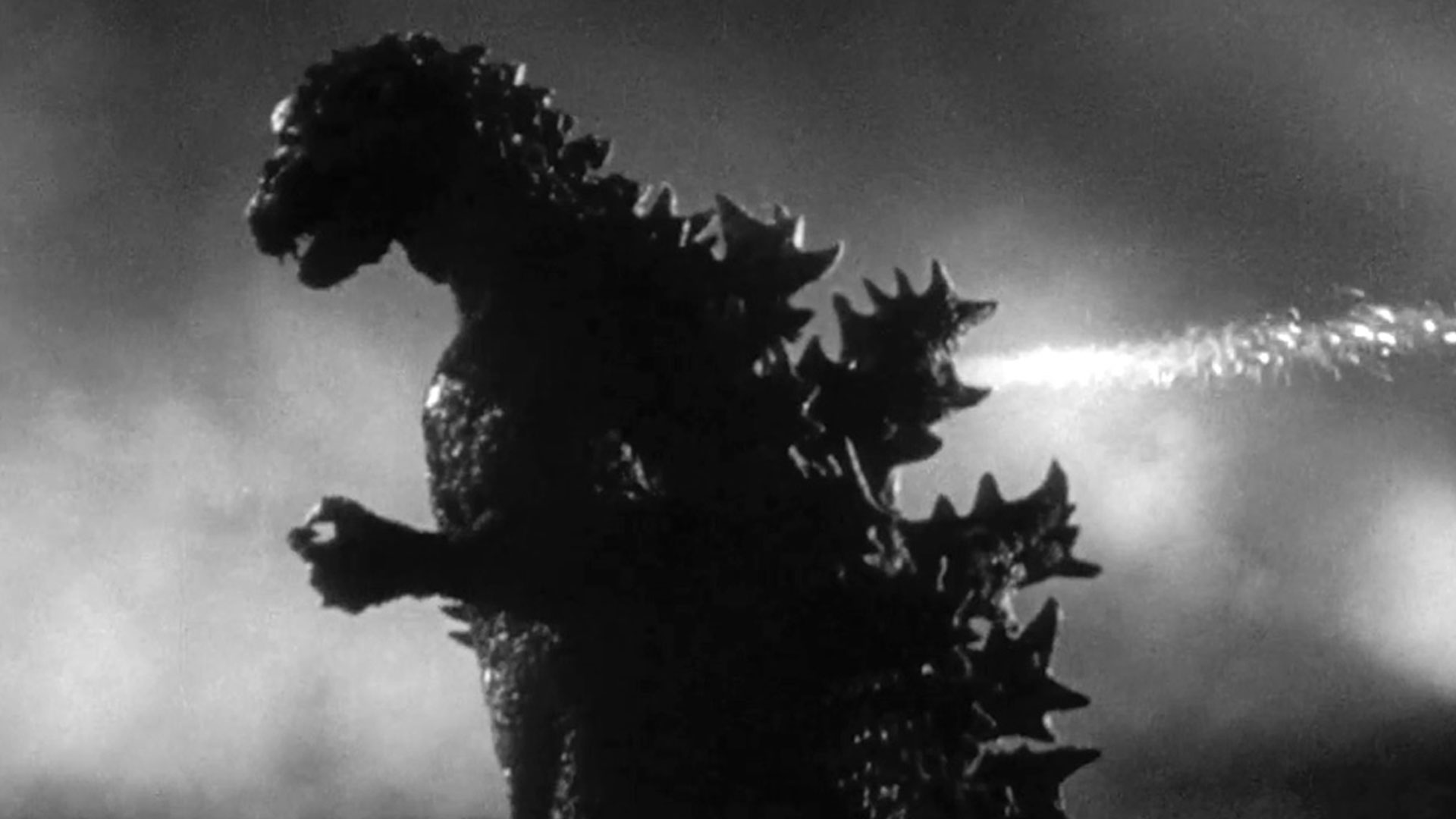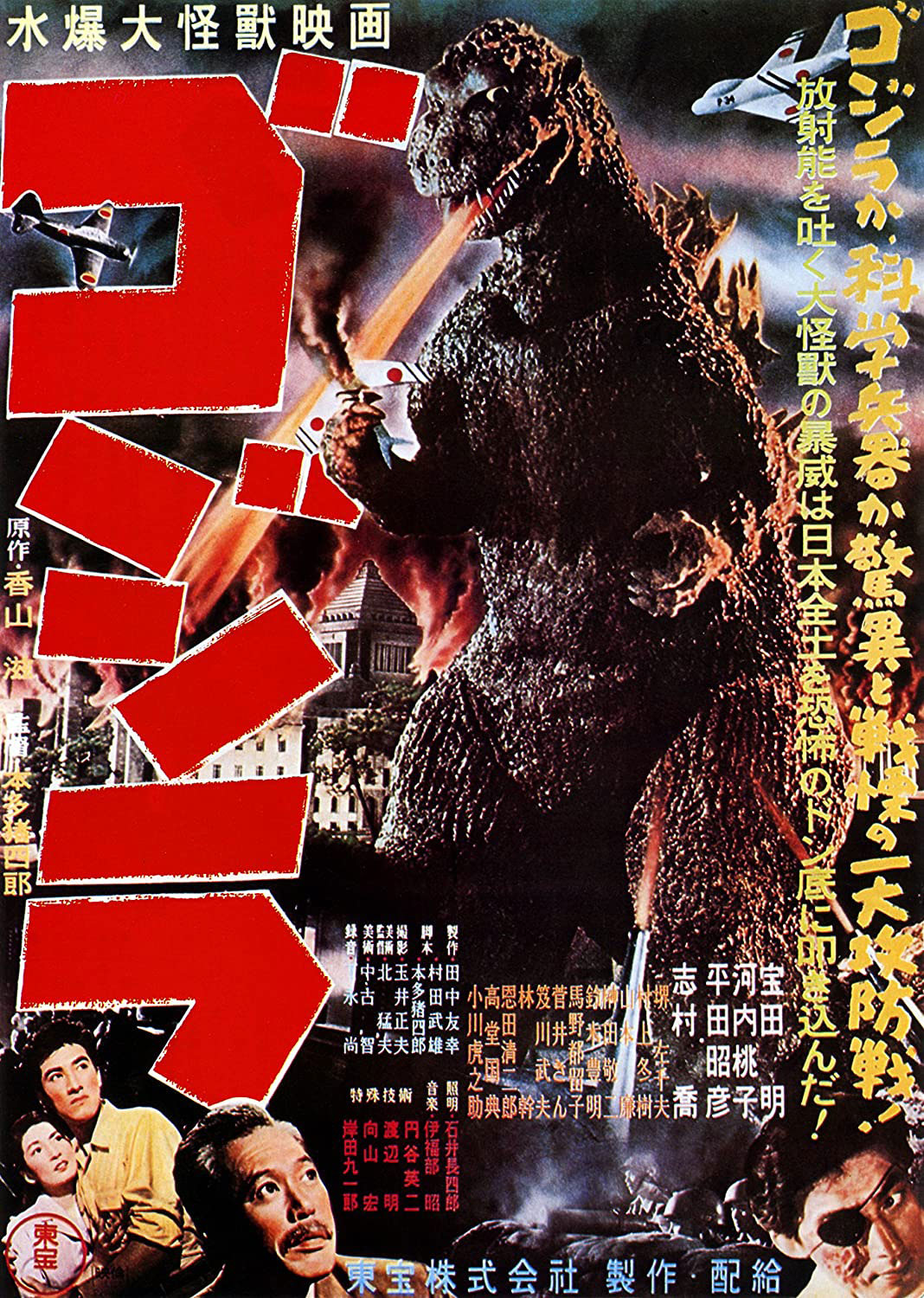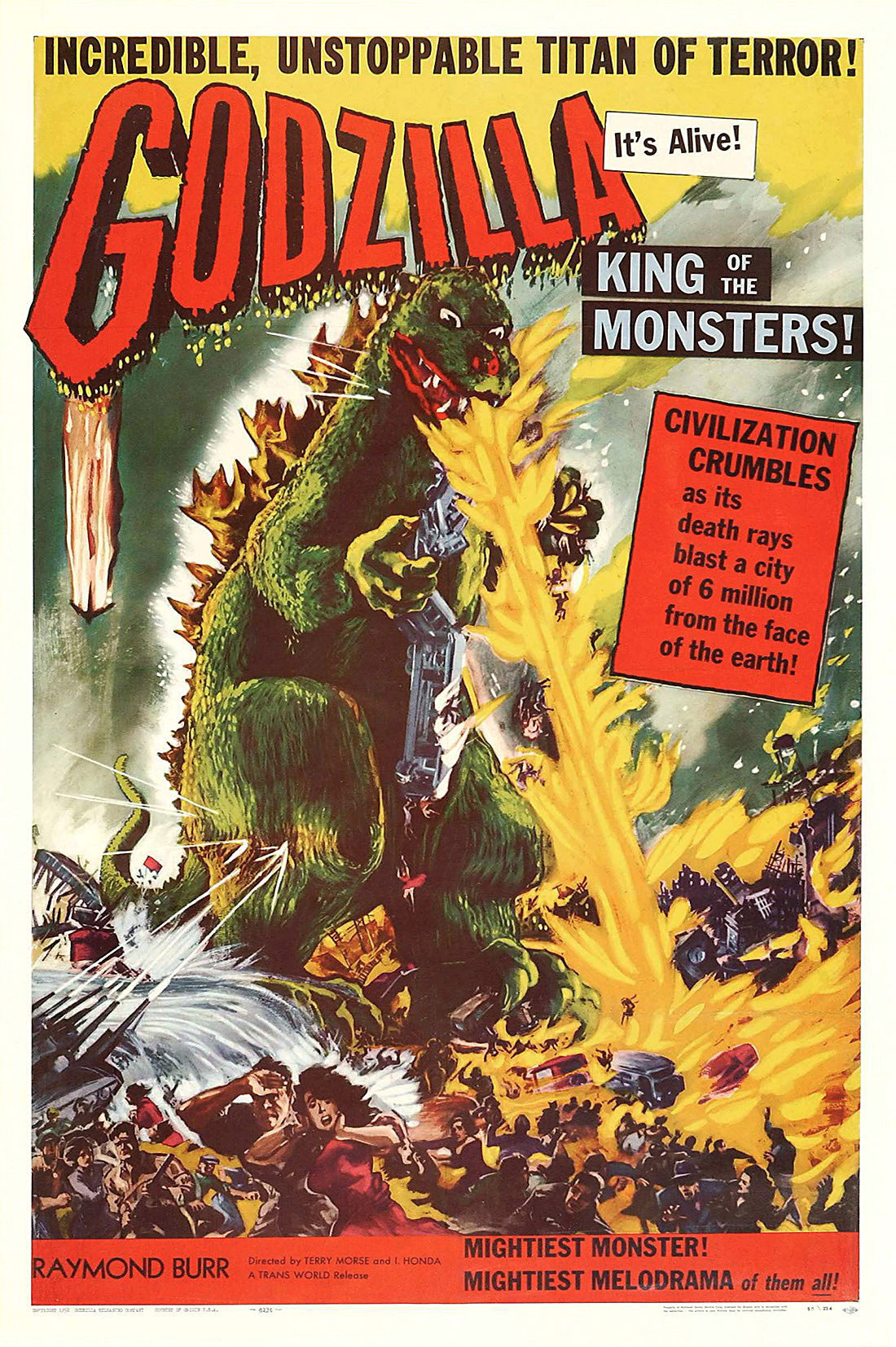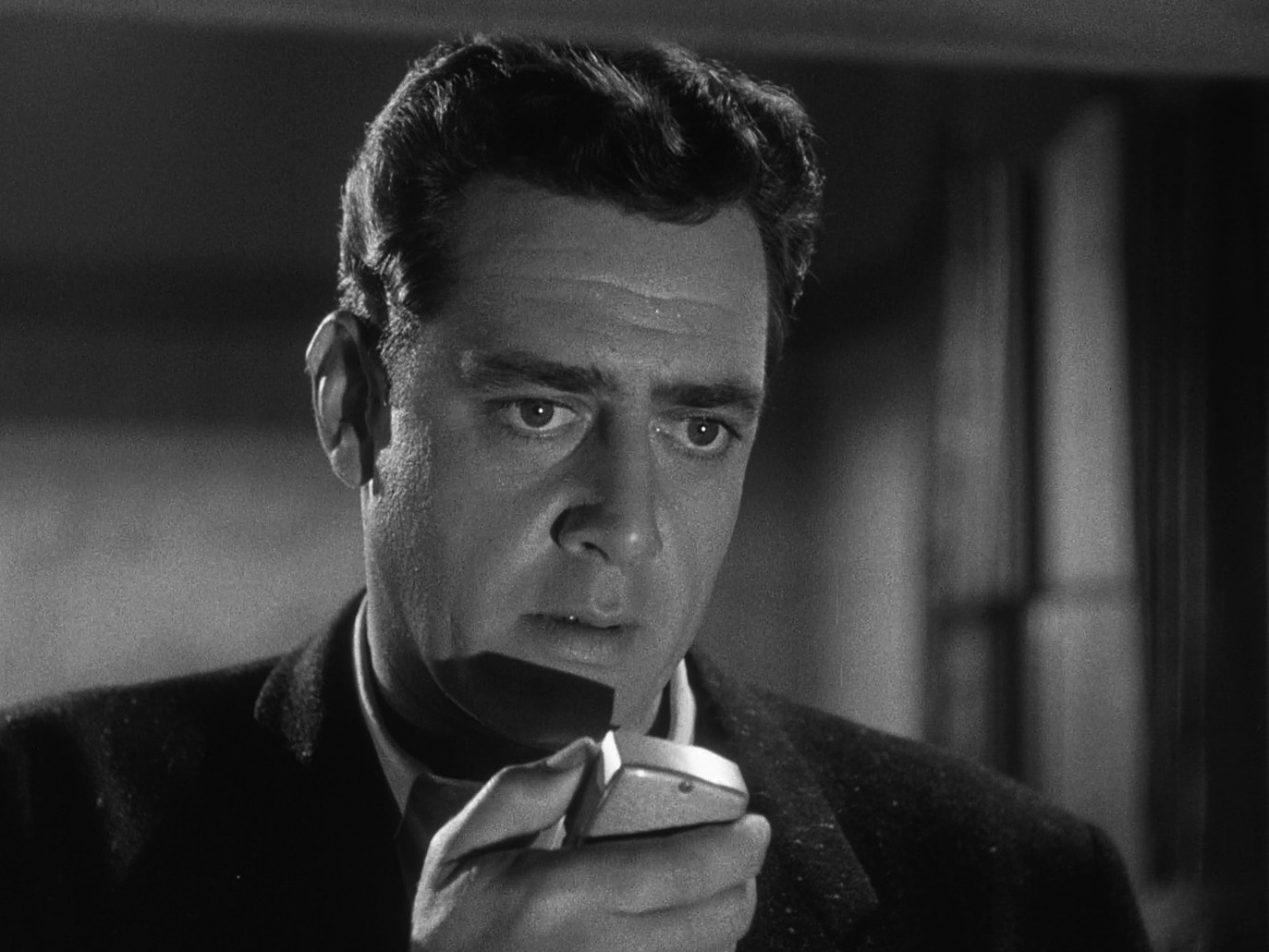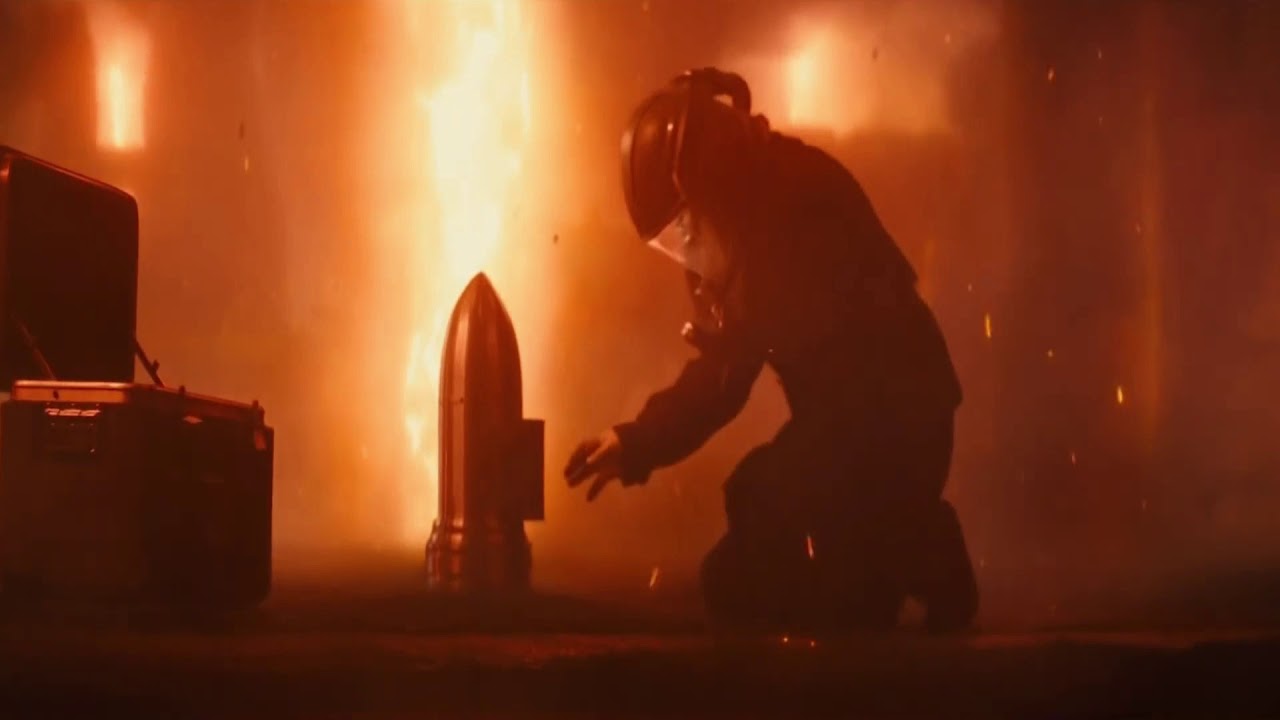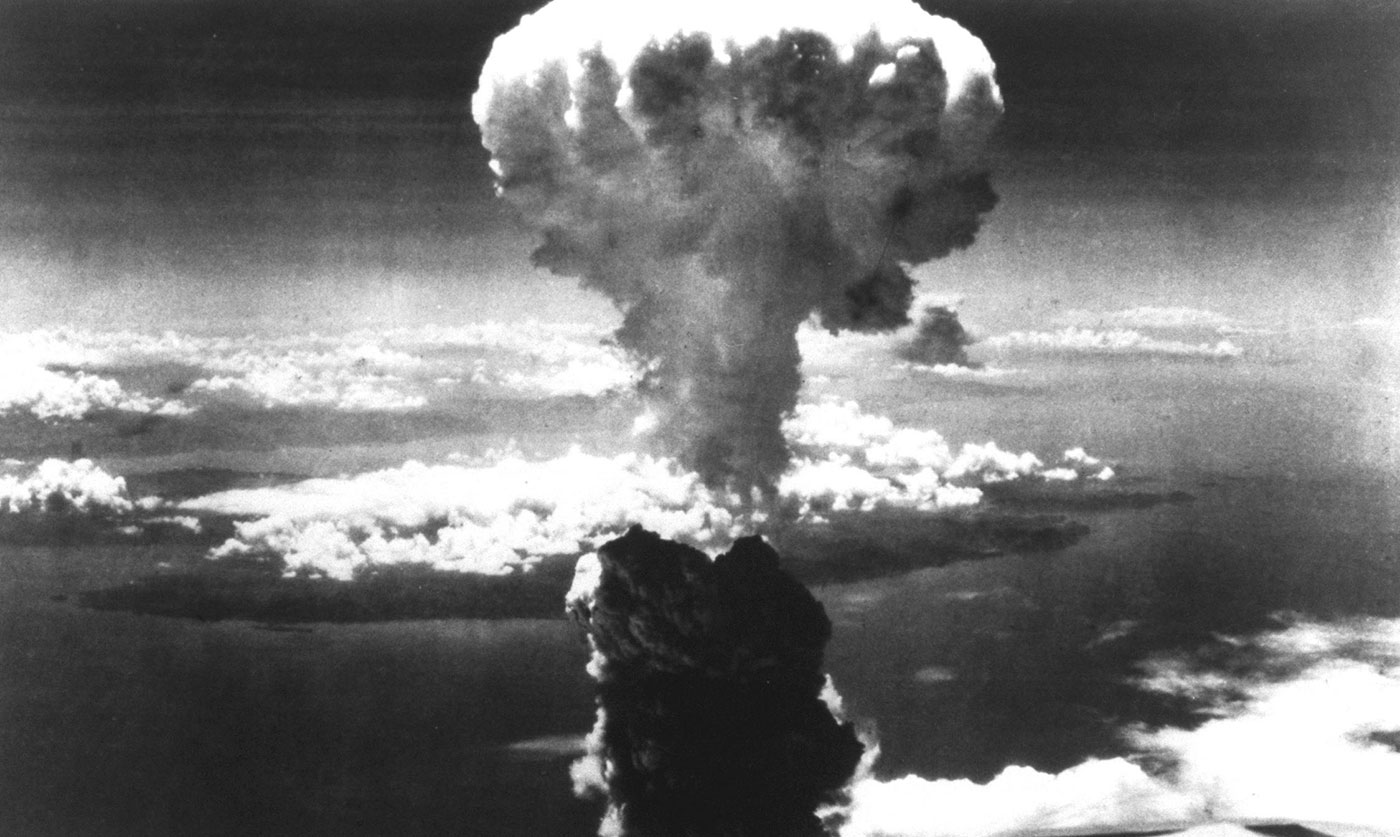7.8.2020 (revised 7.9)
August 6, 2020, marked 75 years since the dropping of the atomic bomb by the United States on Hiroshima and three days later on Nagasaki. Out of ashes of war and the tragedy of the Lucky Dragon No. 5, Toho producer Tomoyuki Tanaka created a monster shaped by nuclear holocaust to remind the world of what had happened. Tanaka said, “Godzilla is the son of the atomic bomb. He is a nightmare created out of the darkness of the human soul. He is the sacred beast of the apocalypse.” But what he had created and the message he crafted was deliberately distorted and destroyed by the editing of his film and its subsequent release in American theaters in 1956 under the title Godzilla King of the Monsters. The monsters message and its powerful metaphor was reduced to rubble.
